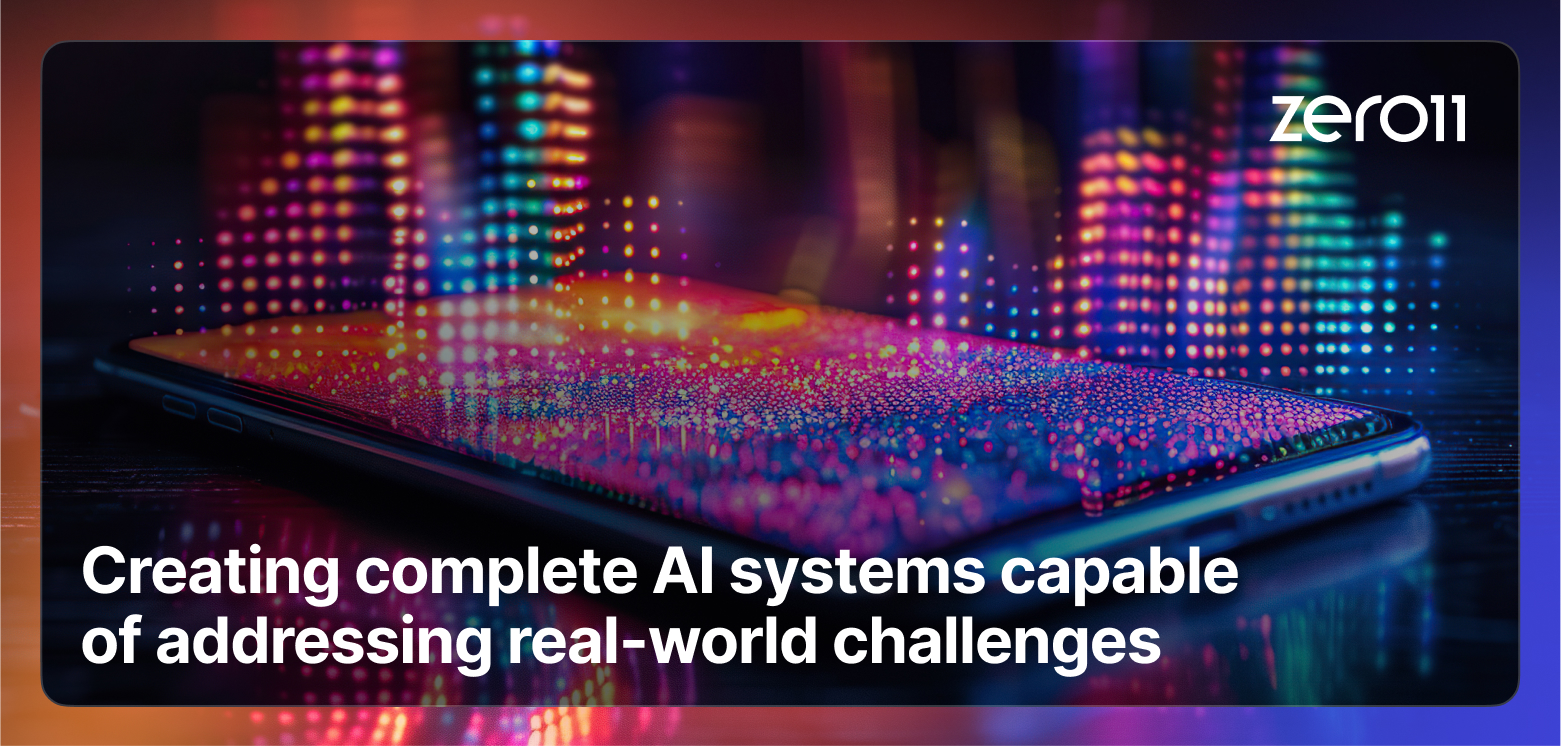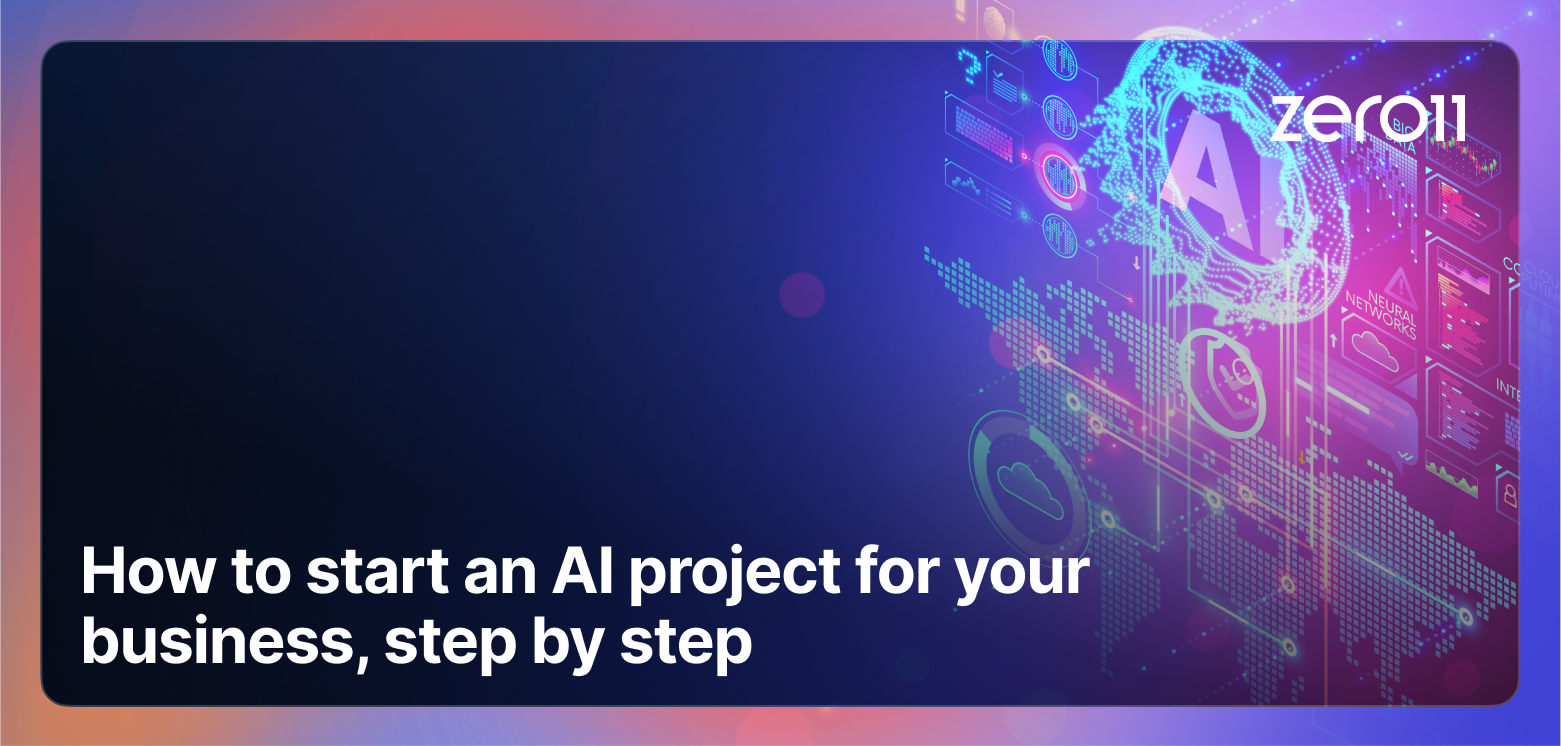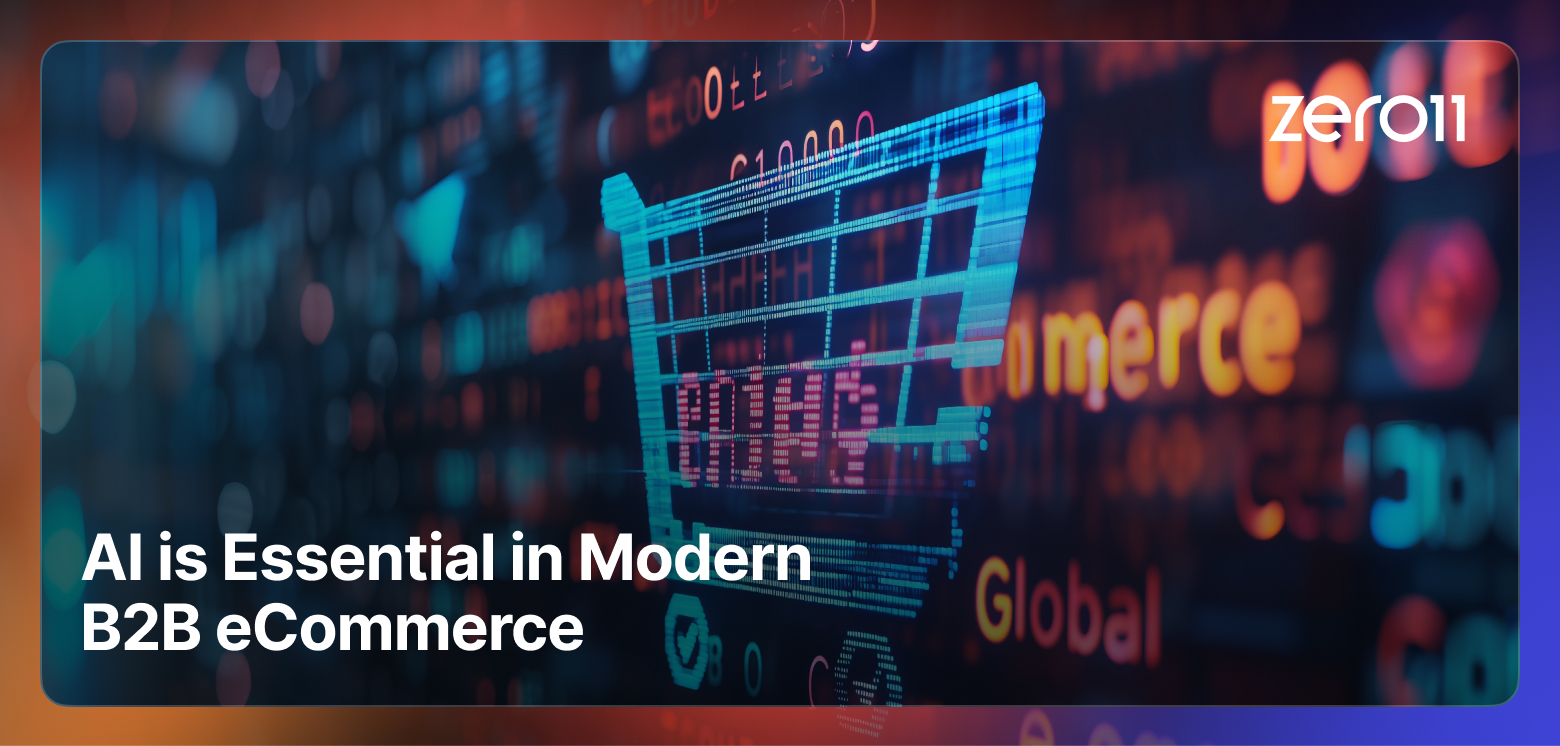Index
Other categories
04 February 2025
Il futuro dell’intelligenza artificiale: dal modello al sistema applicativo, un cambiamento epocale

In the recent discussion with leading AI experts, fundamental concepts emerged about how artificial intelligence is rapidly evolving. The change is not just about creating increasingly sophisticated models but about adopting complete AI systems capable of meeting practical needs and concretely transforming the way companies operate.
Open Source: The Catalyst of the AI Revolution
The discussion began with a reflection on the importance of open source in accelerating the development of artificial intelligence. Today, over 10 million developers are part of the Hugging Face community, the platform that is redefining access to AI models by sharing code, data, and knowledge.
“With open source, anyone can test, modify, and adapt models to their specific needs,” the experts explained. “This approach ensures greater flexibility, data privacy, and resilience compared to closed models, which risk dependency on a single provider.”
Why is open source crucial?
- Adaptability: Models can be customized for specific sectors such as healthcare or finance.
- Resilience: Models can be hosted locally, ensuring operational continuity even in case of disruptions to centralized cloud services.
- New skill development: Open access to models fosters learning and expands the developer community.
Beyond Models: The Future Lies in Complete AI Systems
According to experts, 2025 marks a key shift: the era of standalone models is giving way to integrated AI systems. These systems combine machine learning models with practical tools such as databases, APIs, and automation.
A concrete example is AI agents, intelligent systems that can:
- Connect to databases and collect real-time information.
- Automate complex processes such as order management or logistics.
- Interact with other business tools to streamline workflow.
“We are moving from the era of static websites to that of digital-native companies, where artificial intelligence is integrated at the core of processes,” the speakers explained.
“It is no longer about creating AI models to showcase technical capabilities but about building useful systems that address real-world tasks.”
The Challenges of 2025: Education, Infrastructure, and Sustainability
Looking ahead, experts highlighted several key challenges for AI application development:
- Education and skills: The lack of developers and qualified personnel is one of the biggest barriers. To address this issue, open source will play a crucial role, allowing more people to acquire skills and experiment with models.
- Scalable infrastructures: While large models require massive resources, there is a wide range of smaller, scalable models suitable for common business use cases. Not all applications need extreme computing power but rather the right infrastructure for their specific purposes.
- Business case efficiency: Many use cases do not require advanced AI models but rather practical solutions that optimize business processes such as data management, logistics, or marketing. “You don’t need a gold-medal model to solve everyday problems,” the speakers stated.
Zero11 Leads the Change in Martech
This vision of the future of AI is perfectly aligned with Zero11’s strategies, which are integrating advanced AI-based logic to enhance their B2B eCommerce and CRM solutions. Zero11 leverages AI systems to:
- Personalize the customer purchasing journey.
- Optimize catalog management with automated content.
- Integrate real-time data for faster and more precise decision-making.
Se il futuro dell’AI è nei sistemi completi, il futuro del tuo business è con Zero11
Scopri come le nostre soluzioni possono migliorare la tua strategia digitale e guidarti verso la prossima rivoluzione tecnologica. Contattaci oggi stesso per una demo!

